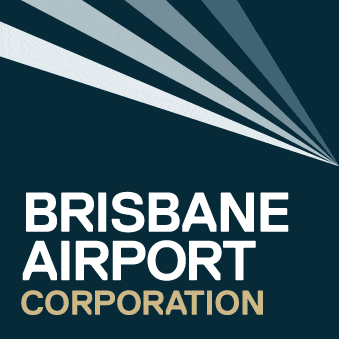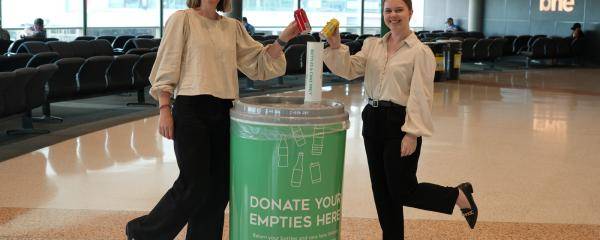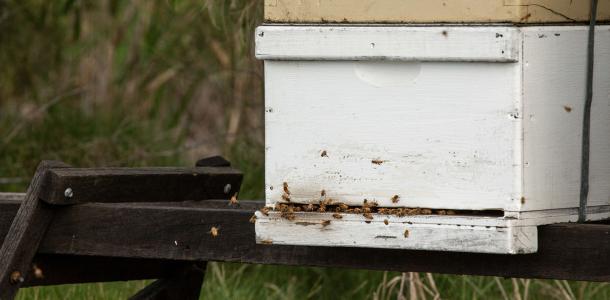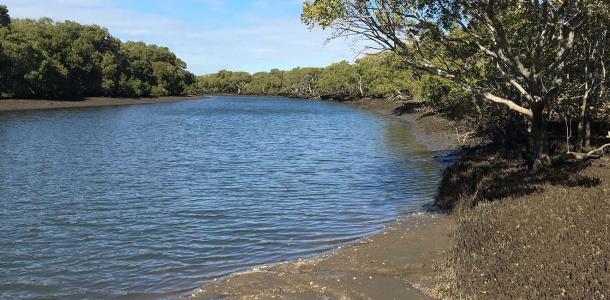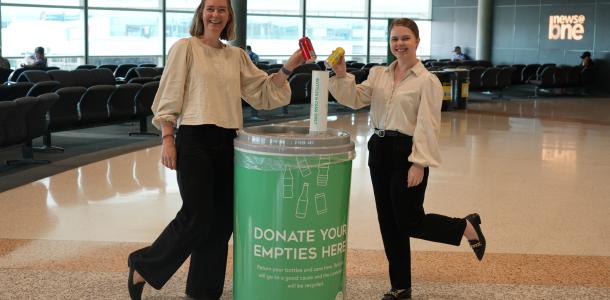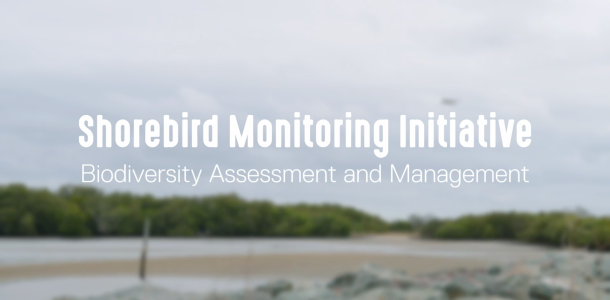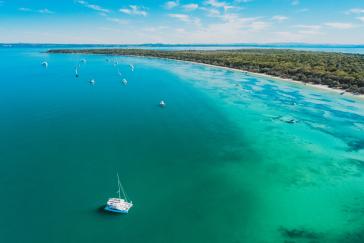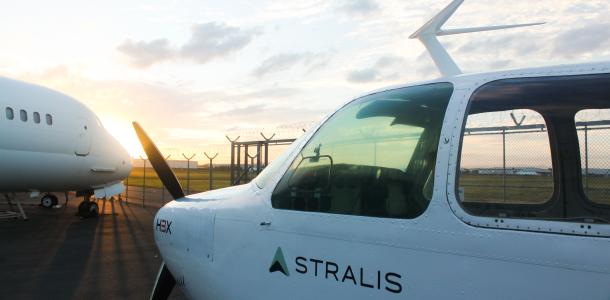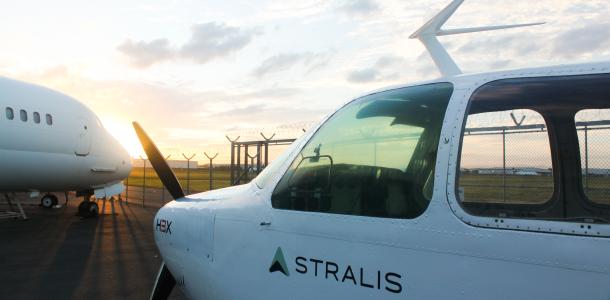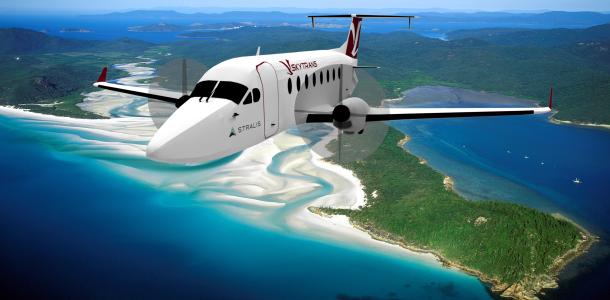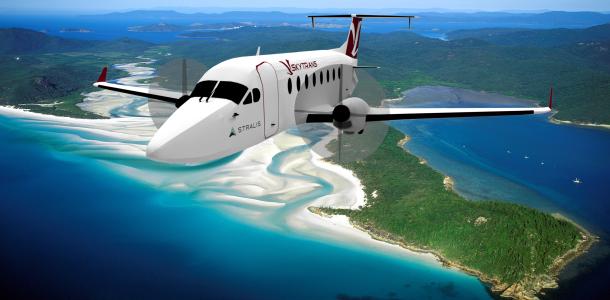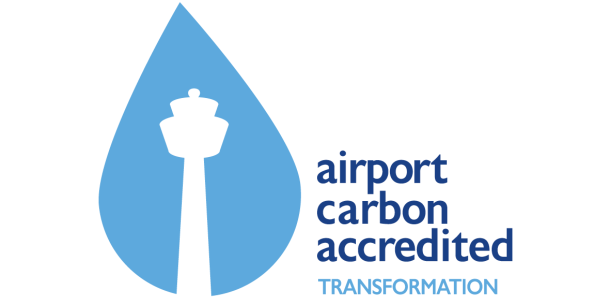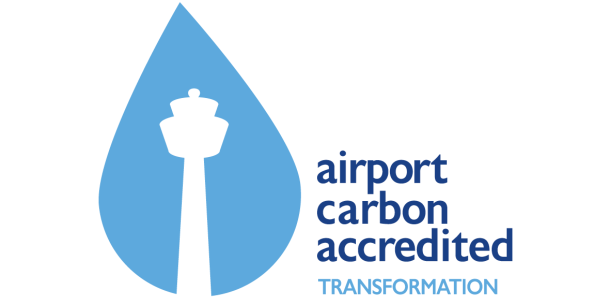Brisbane Airport Corporation (BAC) has a strong focus on sustainability, with a number of initiatives implemented over the years to reduce our environmental footprint, encouraging sustainable and responsible growth while safeguarding our environment's future.
Our Sustainability Journey
Brisbane Airport leads the way for airports and aviation in sustainability, with a long history achievements and initiatives to offset our footprint and protect our natural environment.
- We have accelerated scope 1 and scope 2 carbon emissions targets to achieve net zero by 2025 and to achieve scope 3 emissions targets of 10% Sustainable Aviation Fuel by 2030.
- A commitment to reducing BAC's waste to landfill to zero (excluding quarantine/sterile area waste), as well as 50% recycled water by 2030.
Our achievements to-date provide the foundation for our commitment, as we continue to shape a world-leading, sustainable airport city. View our sustainability timeline:
- 285 hectares of protected Biodiversity Zones established in 2010.
- Commenced emissions reduction program in 2013.
- Achieved Australia's first Green Star Communities rating in 2014.
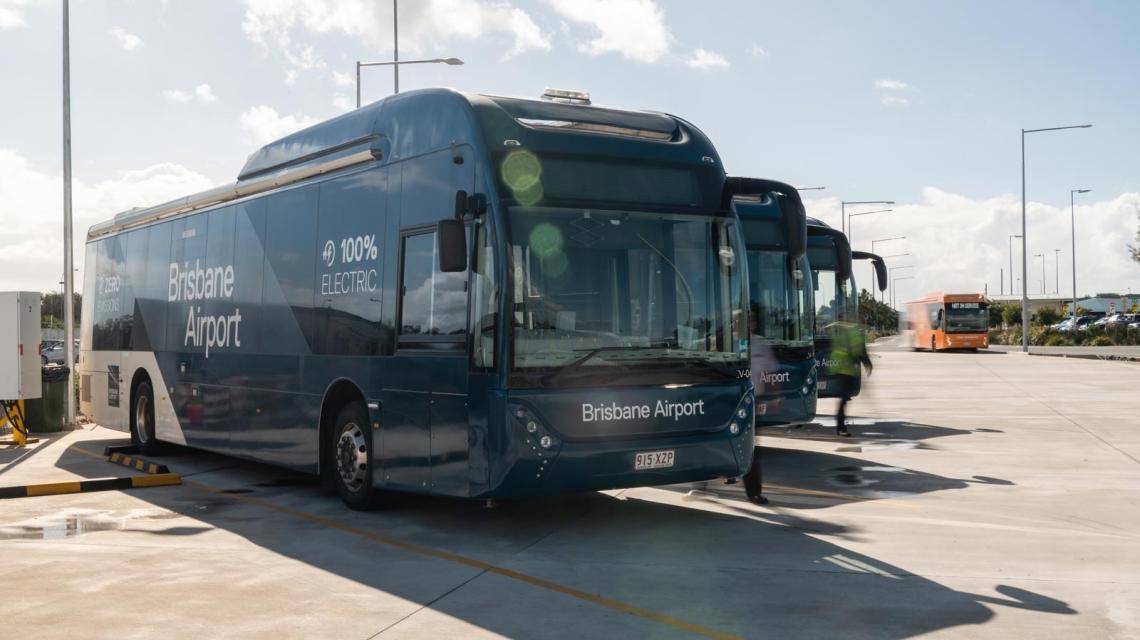
- Airport Carbon Accreditation (ACA) Level 3 achieved in 2015.
- Introduced electric vehicles to BAC Fleet in 2015.
- Commenced Sustainability Reporting (GRI aligned) in 2016.
- First airport to formally commit to a Reconciliation Action Plan (RAP) in 2016.
- Launched the operation of Queensland’s first, and Australia’s largest, electric bus fleet in 2018. The 100% electric buses operate passenger transfers between both terminals and to AIRPARK and Skygate. Swapping out the older diesel fleet for electric buses conservatively results in a reduction of approximately 350 tonnes of carbon dioxide and 200 kilograms of pollutants (oxides of nitrogen and particulate matter) each year.
- Our 6 Mega Watt solar systems including 22,000 solar panels were installed on airport land in 2018.
- A recycled water line that was installed in 2019 for Brisbane’s new runway project saved 1.2 billion litres of potable water during construction. This is the equivalent of 500 Olympic-sized swimming pools.
- European honeybee hives were established in the biodiversity zone to pollinate local flora in 2019.
- Containers for Change bins introduced at the Domestic Terminal for passengers to recycle cans and bottles with all recycling proceeds are donated to a rotating local charity organisation.
- Sustainability targets accelerated.
- Refreshed Sustainability Strategy delivered.
- First Airport in Australia to achieve Airport Carbon Accreditation Level 4.
- Carbon offset for airport parking introduced where BAC will match a customer’s offset so their trip is climate positive.
- Waste Roadmap developed and are the first airport to install Oscar artificial sorting technology to promote waste management and passenger education.
- Scope 3 Strategy developed - Significant work has been undertaken to identify our scope 3 emission sources and the gaps in data as well as defining our role and priorities within scope 3 emissions reduction.

